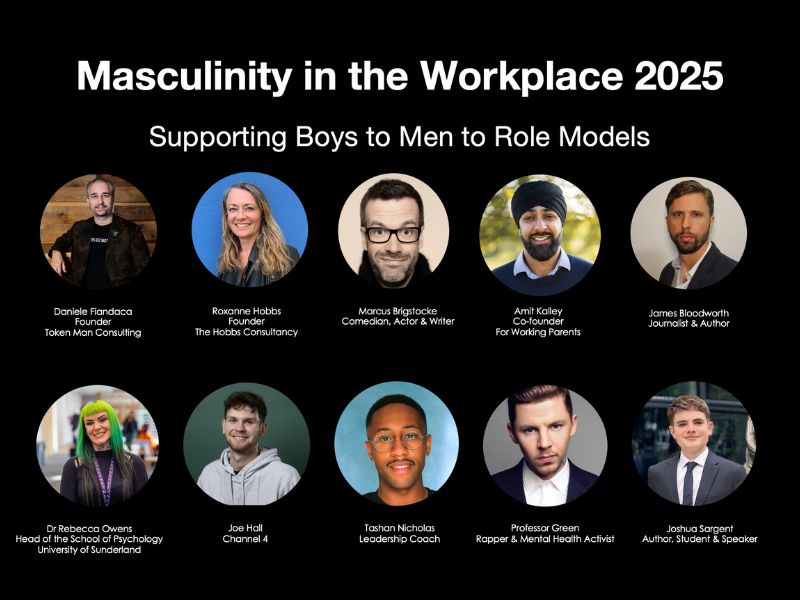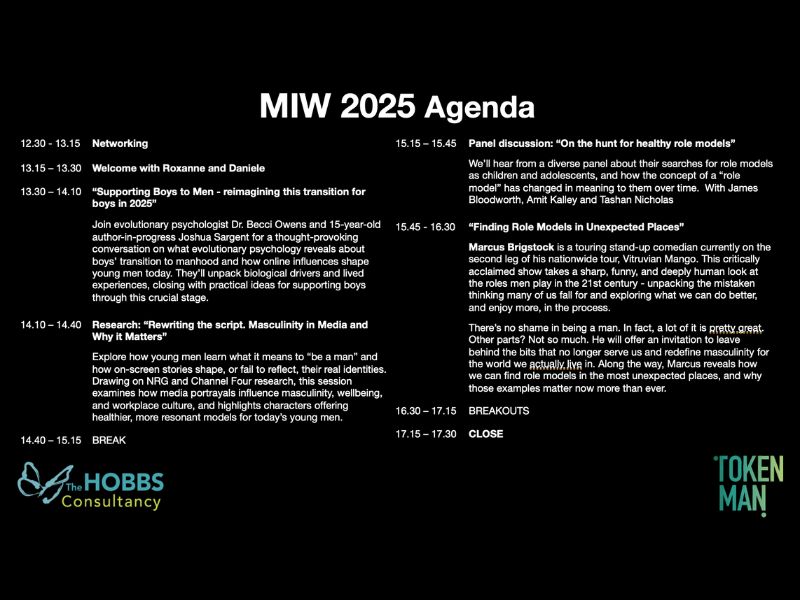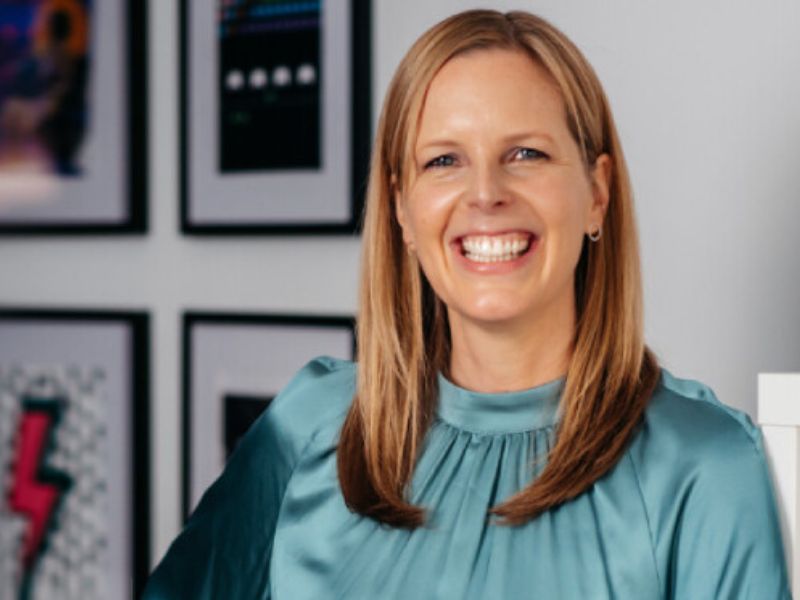Charlie Whyman is a dynamic force in the world of strategic thinking, leadership, and innovation. With a background that spans engineering, marketing, and entrepreneurship, she brings a rare blend of analytical insight and creative energy to every room she enters.
As the founder of Curious B2B Marketing and a sought-after leadership speaker, Charlie empowers professionals and organisations to lead with curiosity, courage, and clarity. Her approach is refreshingly human—rooted in real-world experience and a deep understanding of what it takes to thrive in complex, male-dominated industries.
In this exclusive interview with The Champions Speakers Agency, we explore the mindset shifts she believes are essential for modern leadership, the power of storytelling in business, and why courage—not confidence—may be the most valuable trait in today’s workplace.
In today’s uncertain and fast-evolving business landscape, why do you believe courage should take precedence over confidence as a leadership trait?
Courage is a really interesting word for me, as is confidence. And I feel like they’re mixed up a little bit. I feel like so many people within organisations are waiting to feel confident enough before doing the thing that they need to do.
Whereas if you flip it around and reframe it and focus on courage – courage to do the thing with a view that it might not be perfect but you’re going to give it a try anyway – and then you learn from that experience, then go do it again but do it better.
So for me, courage is really, really important because it encourages people to do what they need to do but with a view of learning from it, rather than going from a place of confidence where there’s no expectation to learn.
And the fact that courage is really contagious: if you see somebody doing something that they don’t know how to do, or something that’s a bit scary and they’re being courageous, they’re being brave, it inspires people to think “maybe I could do the same thing.
Whereas if you see somebody doing something from a position of confidence then the narratives are usually around “oh well, I can’t do that,” or “I don’t have the skills to do that,” or “I don’t have enough experience to do that.
So for me, if organisations promote courage then I believe that they can get a lot more from their teams. I’ve witnessed this firsthand myself from the teams I’ve worked with and the people that I’ve spoken to.
Having navigated male-dominated industries throughout your career, how has that experience shaped your understanding of inclusive leadership—and what blind spots do you think still persist?
I think for me it’s not focusing specifically on men and women, um, but just focusing on like what leadership qualities can I draw upon that I want to then take into my role as a leader and also the things that I do.
What I have realised – and I think I was ignorant to this and a few friends, especially from the Professional Speaking Association, have really helped me realise – is that by default, if people ask me to recommend a speaker, recommend an author, recommend a podcast, more often than not I’m recommending male-driven podcasts, authors, speakers.
And that’s not because of me being intentionally exclusive, it’s just because that’s been my world and that’s what I’ve seen. But what I have been doing is making a very specific effort to look for female authors and acknowledge them.
Um, but what I have also found – I was asked for some leadership book recommendations the other day and actually three of my top leadership book recommendations were written by women. Um, but again I kind of want to get away from this having to go “oh well I have to think about female-led authors and female-led experts” and “I have to think about male-led authors and male-led experts.
Um, so I don’t like the fact that we are talking about this but also we do have to talk about this because if you grow up in a male-dominated industry or if that has been your normal, then actually taking the time and effort to seek out content from other women I think is really important.
And sort of seeking out those sort of other female support networks because it’s not about men and women for me, it’s about diverse perspectives. So it’s about having like a male voice, a female voice, a Gen Z voice, a millennial voice, a baby-boomer voice, a neurodiverse voice, uh, you know, so that you’ve got all different perspectives and that you’re not just relying on like one train of thought just because that’s your normal.
I want it to be like everybody just talk about people like I wish it was. But also I think we’re just playing under the fact that women haven’t had a voice for very long. You know, we’re expecting centuries’ worth of progress to happen in a couple of decades which I think if we actually take a step back and just go “actually we have come really far, yes there’s a lot of work to do, but what are the things that we need to focus on?
And I think a lot of it is that self-awareness piece and actually taking the time and the energy to check yourself and say “right, well am I only recommending men? Am I recommending people of a certain age?” ‘Cause that was another thing that I checked in on as well – it was like all of the authors I’m recommending are in their 50s and 60s. Where are the new fresh perspectives?
You’re known for candidly sharing your professional journey. How do you use your personal story to challenge conventional leadership narratives and empower others to step forward?
It’s a really good question because I find speaking still quite terrifying. So a lot of people are always asking me why I speak, why I post content on LinkedIn, why I share my story. Um, but I think there are so many people that I speak to who are afraid of putting themselves forward for opportunities because either they don’t have the right qualifications or they don’t feel confident enough yet, or they’re waiting for some form of permission or some external signal to say actually I can go for it.
And some of the best opportunities in my life have been as a result of somebody asking me if I’d be willing to do something or if I can do something, and I’ve just said yes with the view of I’ll figure it out later. So I think I want to share the story to kind of inspire people to go “you know what, just because that job description isn’t for me from a qualification point of view, if you know you can do that then go for it anyway.
Um, so yeah, I think for me it’s just like I speak to so many people that are held back by all of these external factors and, you know, they don’t need to be held back – they can just go for it.
This exclusive interview with Charlie Whyman was conducted by Roxanna Hayes of The Motivational Speakers Agency.











